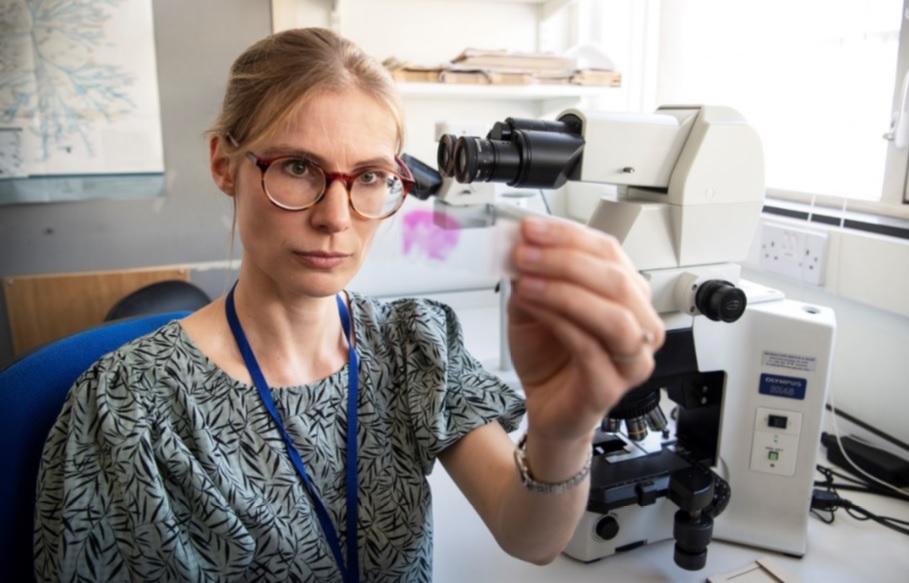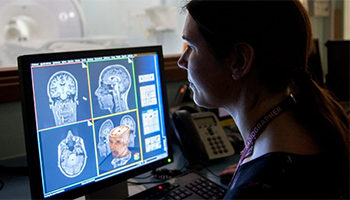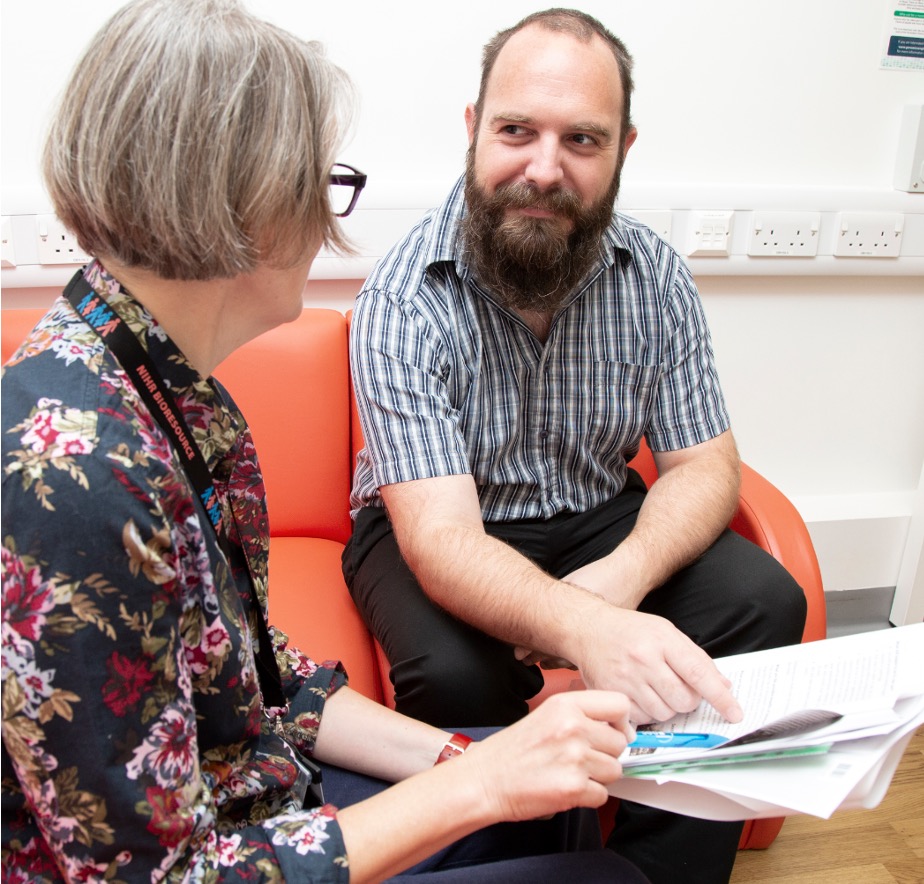Neurodegenerative Disease and Dementia


This theme’s focus:
- Developing new tests for early detection of neurodegenerative disease
- Early intervention and treatment for those most at risk
- Validating new treatment targets and accelerating clinical trials of new therapies
- Improved research infrastructure
- Preventing dementia in the context of co-existing diseases and frailty
The health, economic and social burden of dementia and neurodegenerative diseases is huge. 1 in 3 people will develop dementia, costing the UK £30 billion annually (Dementia UK report). Social inequalities and co-existing medical conditions worsen dementia risk and long-term outcomes. The Neurodegenerative Disease and Dementia (NDD) theme will discover and develop, launch new diagnostics, biomarkers and treatments. We will widen patient involvement, build research capacity and maximize impact through experimental medicine studies and clinical trials that accommodate the variability of these diseases, co-existing medical conditions, and promote inclusion of under-served groups.
Our work encompasses the study of common NDDs such as Alzheimer’s disease, Parkinson’s disease, Lewy Body Dementia and Vascular Dementia, as well as rarer disorders (Huntington’s disease, Frontotemporal dementias and Progressive Supranuclear Palsy). Our research impact is complemented by training and capacity development, with many PhD students, new Academic Clinical Lectureships and partnerships with other Universities and industry.
NDD research is aligned to the 2019 NHS Long Term Plan, which aims to improve dementia care, with a cure for dementia now a Government priority. We share the public’s priorities of improved diagnostics, treatment and disease prevention.
We will meet these priorities through:

Developing personalised treatments for all
Development of individualised and inclusive treatments for neurodegenerative disease and dementia, via a new platform to facilitate clinical trials in a broad range of clinically and genetically well-characterised patients.

Accelerated drug discovery and development
Opening the bottleneck in the transition of new treatments from the laboratory to clinical trials by efficient screening of candidate therapies and validation of new biomarkers to track their efficacy.

Using advanced brain imaging and informatics
Adopting new imaging technologies to identify biological targets for therapies, and using Artificial Intelligence approaches to maximise the diagnostic and predictive utility of routine brain scans collected in the NHS.

